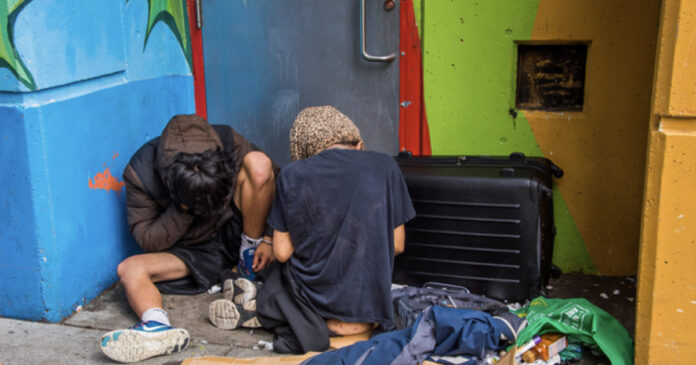BC Emergency Health Services (BCEHS) received a record number of drug overdose calls last week.
In an email to CTV News, BCEHS said Wednesday, Mar. 22 set British Columbia’s new record for the number of overdose calls received in a single day.
Vancouver assistant fire chief Keith Stewart said Vancouver alone saw 45 overdoses – a number he described as overwhelming.
“Drugs are being cut with so many different things at this time,” he said to CTV. “We’re seeing negative effects.”
The news comes as B.C. trials new policy to mitigate the damage of drug use, including overdoses caused by contaminated drugs.
In the last three years, the province introduced policies such as safe-supply and decriminalization – intended to nudge addicts closer to health care services that may lead them to recovery.
Some critics – like Conservative leader Pierre Poilievre – say the approach is causing an increase in overdose deaths.
“The results are in. The debate is over,” Poilievre said in February.
“It has been a disaster. An absolute abject failure. You need to not only take a walk down the streets of East Vancouver where addicts lay face-first on the pavement, where people are living permanently in tents and encampments but you just need to look at the data.”
One public health expert disagrees, saying B.C.’s policy changes are not the primary cause of rising overdoses since 2015.
Dr. Katrina Milaney, associate scientific director at O’Brien Institute for Public Health, told True North that Poilievre’s explanation is leaving out important context.
“The reason that overdose rates are going up is because of increasing toxicity and poisoning in our drug supply,” she said.
“Decriminalizing [very small amounts of hard drugs] is not going to make people who wouldn’t be using it anyways use it more.”
The policy changes of decriminalization and safe-supply in B.C. are a step in the right direction, Milaney said, but must be partnered with recovery options.
“Those kinds of policy decisions need to be made in conjunction with access to harm reduction, access to treatment, access to community based, low-barrier services.”
According to CTV, British Columbia received more than 8,500 drug overdose calls this year.
